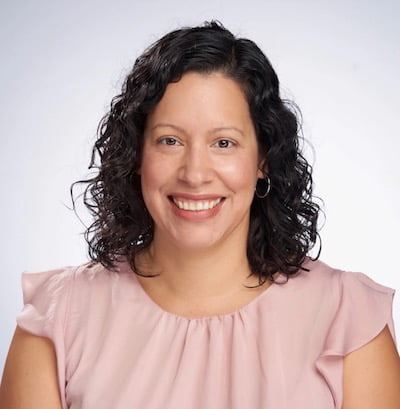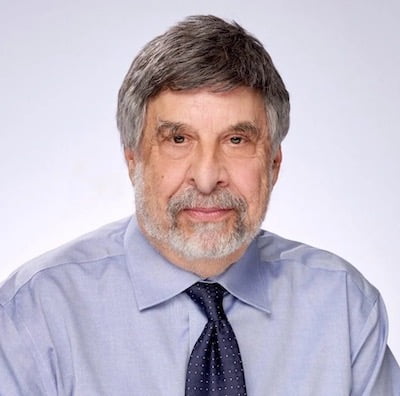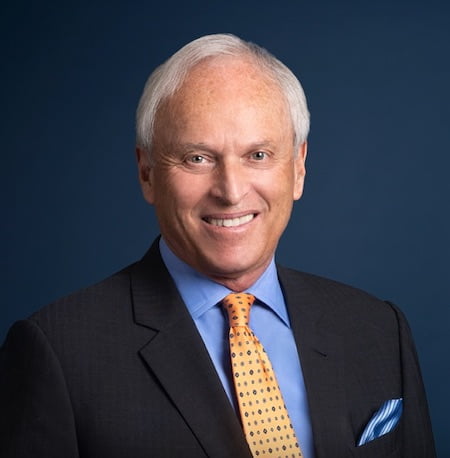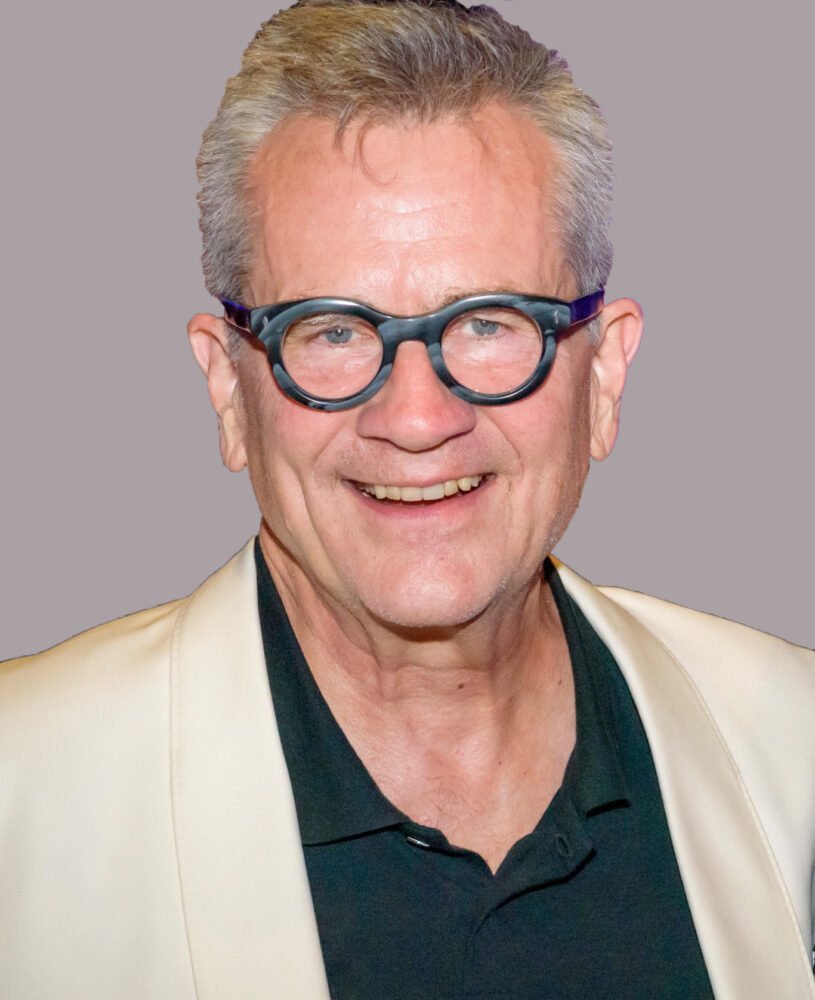Lawsuit says prohibition of sidewalk vending in large swaths of L.A. neighborhoods violates state law, penalizes sidewalk vendors, and causes harm by excluding them from lucrative retail locations.
LOS ANGELES, CALIFORNIA – December 8, 2022 – Three community empowerment groups and two sidewalk vendors filed a lawsuit yesterday against the City of Los Angeles challenging its creation of “no-vending zones”, which prohibit sidewalk vending in many of LA’s most popular neighborhoods and tourist destinations. The plaintiffs say the city’s restrictions violate a 2018 state law that legalizes sidewalk vending statewide. They also highlight that, in outdoor dining regulations adopted in 2020, the City encourages brick-and-mortar stores to occupy wide swaths of the sidewalk in the exact locations where sidewalk vending is prohibited – differential treatment by the city that violates federal and state constitutional guarantees, according to the lawsuit.
“Street vendors are part of the economic, social, and cultural fabric of Los Angeles and deserve the same access to economic opportunity as other small businesses in the city,” said Rudy Espinoza, Executive Director of Inclusive Action for the City. “However, the city’s unlawful no-vending zones exclude street vendors from many of our region’s most vibrant and lucrative retail venues, harming their ability to make a living and making them a target for ticketing and harassment. Street vendors should be celebrated for their contributions, not limited by discriminatory regulations.”
When Los Angeles passed its sidewalk vending ordinance in November 2018 – legalizing and regulating sidewalk vending throughout the city – it also carved out eight “no-vending” zones, covering popular destinations like the Hollywood Walk of Fame, LA Live, and Universal Studios. The city said these prohibitions were put in place to prevent “overcrowding on sidewalks, which results in pedestrians walking in the streets;” however, the city failed to identify any facts, data or documentation to support this assertion.
“The city did not adopt its sidewalk vending ordinance in a vacuum,” said Matthew T. Heartney, Senior Counsel with Arnold & Porter Kaye Scholer LLP, pointing to California state legislation adopted prior to the passage of the City of Los Angeles’ ordinance, which sets mandatory state-wide standards for local government regulation of sidewalk vending. This legislation, he explained, “limits local government restrictions on most sidewalk vending unless shown to be ‘directly’ required to safeguard ‘objective health, safety, or welfare concerns.’” In preparing this lawsuit, he stated, “we combed through the city’s records in adopting its ordinance, and could find no pedestrian data or safety documentation to support its unjustified ban on sidewalk vending in key neighborhoods.”
The State of California passed its sidewalk vending legislation in 2018, approximately two months before the City of Los Angeles passed its ordinance. The state’s law limits local governments’ ability to restrict sidewalk vending, and it prohibits restrictions unless shown to be “directly” required to safeguard “objective health, safety, or welfare concerns.”
“Any possible justification for these restrictions went out the window when the city established its outdoor Al Fresco dining program in 2020,” said Monica Mejia, President & CEO of East LA Community Corporation. “Those rules authorize restaurants to erect permanent dining infrastructure covering much of the sidewalk in no-vending zones like Hollywood Boulevard, while vendors must remain 500 feet away from these popular tourist attractions. It’s hypocritical, discriminatory, and harmful to street vendors, and indicates that the no-vending zones were enacted solely to cater to local businesses and neighborhood associations.” Although it was originally intended as a temporary program, the City Council recently voted to make it permanent.
“The city’s discriminatory exclusion of sidewalk vending businesses from large areas of the City is clearly in violation of state law,” said Katie McKeon, Staff Attorney with Public Counsel. “Sidewalk vendors are entitled to usage of the city’s sidewalks and public space, and any exclusion of sidewalk vendors must be justified through objective evidence. Elected officials can’t discriminate against one type of business based merely on personal preference or to make well-connected constituents happy.”
The lawsuit identifies that the city’s no-vending zones have harmed vendors by making them the target of increased and aggressive enforcement by StreetsLA, the agency in charge of enforcing the city’s Sidewalk Vending Ordinance. The lawsuit says that vendors report “harassing conduct commonly performed by City officers enforcing the Ordinance including, without limitation, (1) targeting vendors believed to be operating in “no vending” zones by issuing citations and leaving them on vendors’ cars without observing any actual vending conduct … (2) threatening future actions, such as impoundment of vending equipment, and (3) adding to vending citations late fees or other additional charges not authorized by SB-946.”
“I have worked along Hollywood Boulevard for almost seven years, serving hungry visitors and contributing to this unique tourist destination,” said Merlin Alvarado, a sidewalk vendor. “In return, I have been consistently chased, harassed, and ticketed by the City for running an honest business.”
“Community Power Collective has heard dozens of stories from sidewalk vendors about harassment from City officials when they are simply trying to operate their businesses in no-vending zones,” said Sergio Jimenez, Senior Lead Community Organizer with Community Power Collective. “We have consistently met with the City to try to come to alternative solutions that address any concerns they have regarding pedestrian safety, but they have refused to take seriously the harm they are causing the vendor community with these no-vending zones.”
In addition to demanding the end of the city’s no-vending zones, the lawsuit calls for the end of vending restrictions near farmers’ markets, swap meets, and temporary events, as well as the removal of regulations limiting all vending to a narrow strip of space that is street adjacent and not directly in front of any building. The groups say these restrictions are also unlawful, failing to meet the requirements in California law.
Community Power Collective, East LA Community Corporation, and Inclusive Action for the City filed the lawsuit. They are represented by the law firms Public Counsel and Arnold & Porter Kaye Scholer LLP.
For media inquiries, contact Joshua Busch HERE.
###
Public Counsel: Founded in 1970, Public Counsel is the nation’s largest provider of pro bono legal services, utilizing an innovative legal model to promote justice, hope, and opportunity in lower-income and communities of color in Los Angeles and across the nation. Through groundbreaking civil rights litigation, community building, advocacy, and policy change, as well as wide-ranging direct legal services that annually help thousands of people experiencing poverty, Public Counsel has fought to secure equal justice and opportunity for all for more than 50 years.
Arnold & Porter: With nearly 1,000 lawyers and 14 offices in the U.S., Europe and Asia, Arnold & Porter’s lawyers practice in more than 40 practice groups across the litigation, regulatory and transactional spectrum to help clients with complex needs stay ahead of the challenges they face.
Community Power Collective: Community Power Collective builds power with low-income workers and tenants through transformative organizing to win economic justice, community control of land and housing, and to propagate systems of cooperation in Boyle Heights and the greater LA region.
East LA Community Corporation: ELACC is a Boyle Heights-based community development corporation that uses an equitable development model to engage residents traditionally left out of decision-making processes. In addition to affordable housing, they provide financial capability services through their Community Wealth department, which supports sidewalk vendors with free tax preparation, financial coaching, Technical Assistance, and social loans. ELACC is co-founder of the Los Angeles Street Vendor Campaign (LASVC) and has worked with micro-entrepreneurs for over a decade.
Inclusive Action for the City: Inclusive Action for the City (IAC) is a Community Development Financial Institution and nonprofit organization based in Los Angeles whose mission is to bring people together to build strong local economies that uplift low-income urban communities through advocacy and transformative economic development initiatives. IAC serves the community through policy advocacy, research, consulting services, business coaching, and a lending program, among other efforts. IAC is a co-founder of the Los Angeles Street Vendor Campaign and has worked with street vendors and other small business owners for more than 10 years.






